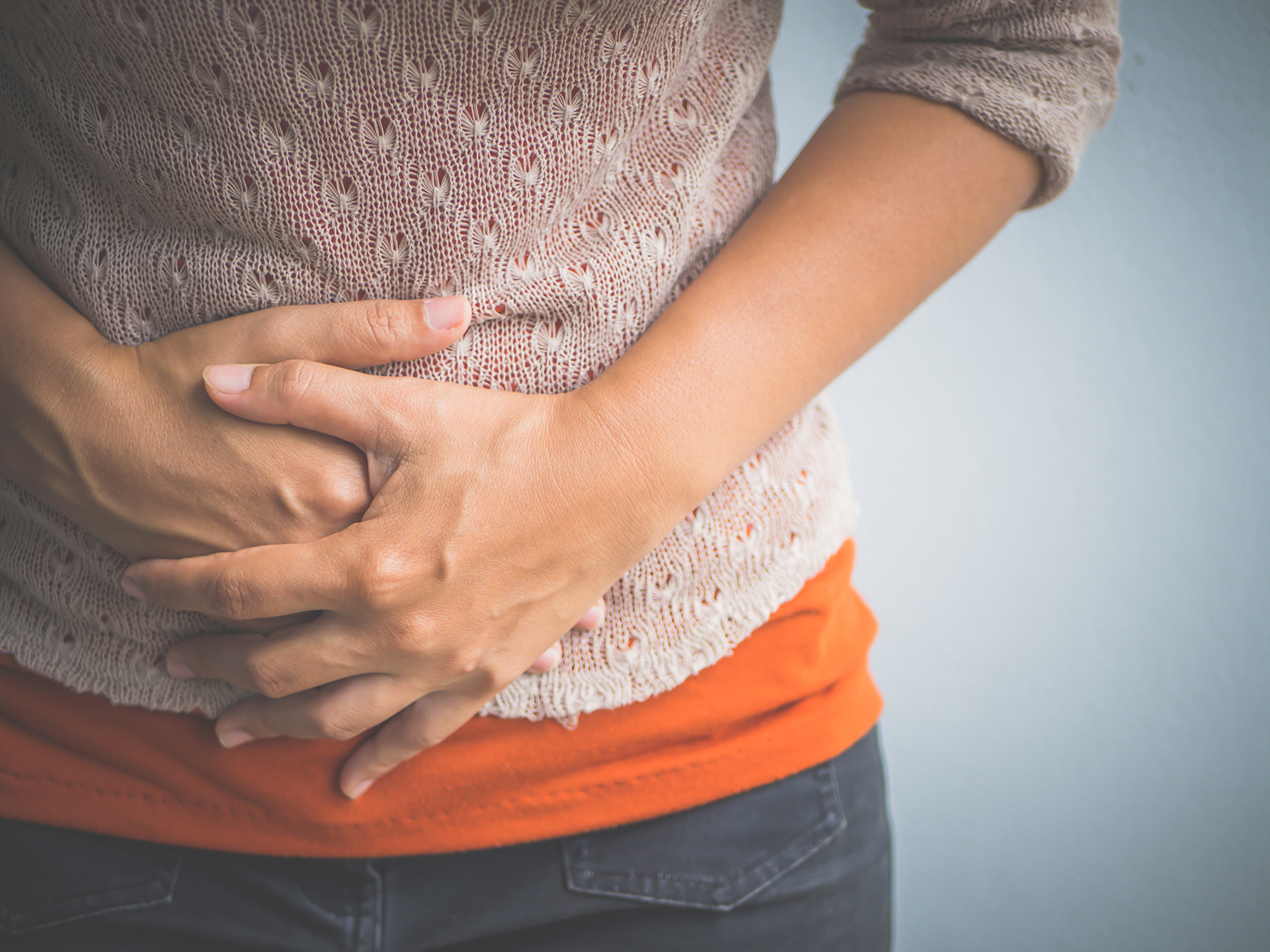by Thomas C. Austin, MD, FACOG, Lexington Women’s Care Sandhills
The average age of menopause in the U.S. is 51, but a phase called perimenopause, meaning "around menopause," often starts years earlier, sometimes in a woman's 40s. Depending on the individual, this phase can last anywhere from a few months to over a decade. It officially ends when a woman has gone 12 consecutive months without a menstrual period, signaling the onset of menopause.
During perimenopause, the ovaries gradually produce less estrogen, leading to hormonal fluctuations. These hormonal shifts are responsible for many of the symptoms associated with this perimenopause.
Common Symptoms of Menopause
Approximately 75% of women experience some vasomotor symptoms like hot flashes and night sweats. These sudden feelings of intense heat and sweating can disrupt daily life and sleep. Other common symptoms include:
- Irregular Periods: Changes in the frequency, duration, and flow of menstrual cycles are often the first noticeable signs.
- Mood Changes: Hormonal fluctuations can contribute to irritability, anxiety, and depression.
- Sleep Disturbances: Insomnia or trouble staying asleep may become more common.
- Vaginal Dryness: Decreased estrogen levels can lead to discomfort during intercourse and increased susceptibility to infections.
- Decreased Libido: A decline in sexual desire is common for many women.
- Weight Gain and Metabolism Changes: A slower metabolism can make it harder to maintain weight.
- Memory and Concentration Issues: Some women report difficulty focusing or memory lapses, often called "brain fog."
Typically, symptoms last about two years, though in some women, symptoms persist for longer.
Strategies for Managing Perimenopause
While perimenopause is a natural process, there are ways to alleviate symptoms and maintain a sense of well-being. Common prescription or over-the-counter treatments used to treat symptoms include:
- Hormone Replacement Therapy HRT can help balance hormone levels and reduce severe symptoms in some women. Discuss the risks and benefits with your doctor.
- Black cohash is an over-the-counter herbal supplement that may help reduce hot flashes and night sweats.
- Antidepressants can help improve hot flashes and night sweats as well as insomnia, anxiety and depression. By regulating mood and alleviating depression, these medications can provide significant relief for many women during this transitional phase.
- Over-the-counter lubricants and moisturizers can address vaginal dryness and irritation.
Making healthy lifestyle choices can also reduce symptoms.
Regular exercise boosts mood, maintains a healthy weight, and supports bone health. Limit caffeine, alcohol, and spicy foods, which can trigger hot flashes.
When to Seek Medical Advice
While perimenopause is a natural phase, it's important to consult a healthcare provider if:
- Symptoms significantly disrupt daily life.
- You experience heavy bleeding, bleeding between periods, or periods that last longer than usual.
- You have severe hot flashes, night sweats, or mood swings.
- You're concerned about changes in your body or mental health.
You can navigate this phase by understanding the changes your body is going through and adopting strategies to manage symptoms. Remember, every woman's experience is unique, and there's no "one-size-fits-all" approach. Don't hesitate to seek support from healthcare professionals, friends, or support groups as you embrace this new chapter of life.

Thomas C. Austin, MD, FACOG, Lexington Women’s Care Sandhills










Leave a comment